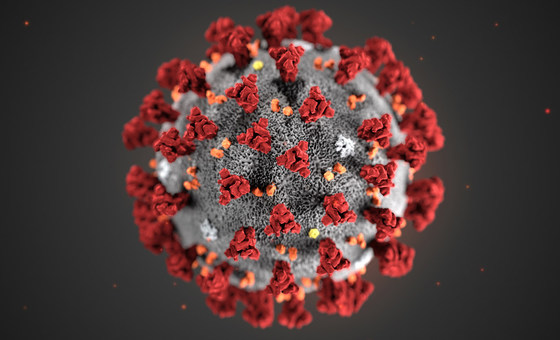

Stay informed with the latest answers to your most pressing questions about COVID-19, based on expert discussions and the latest guidelines from the CDC, WHO, and MoHFW.
COVID-19 is a highly contagious virus affecting the respiratory system (nose, throat, airways, and lungs). It was first identified in Wuhan, China, in December 2019 and spreads both directly and indirectly from person to person.
While COVID-19 is highly infectious, its mortality rate is relatively low—around 1-2%. This is far lower than previous outbreaks like SARS (10%) or MERS (35%). The risk of severe illness or death is higher for older adults (60+) and those with underlying health conditions.
The panic surrounding COVID-19 stems from the uncertainty and the spread of rumors. The newness of the virus, combined with lack of verified information, amplifies fear.
No. Nearly 80% of those infected experience mild symptoms and recover within two weeks. With proper medical care, most symptoms can be managed effectively.
Older adults are at a higher risk of severe illness from COVID-19, while most younger people, including children, experience mild symptoms or remain asymptomatic.
Children are relatively less likely to contract COVID-19, and when they do, the symptoms are generally mild. Fewer than 3% of children develop severe illness.
The virus spreads through droplets released when an infected person coughs, sneezes, or talks. It can also spread through close contact with infected people or contaminated surfaces.
No, there is no evidence that COVID-19 is transmitted through food. Transmission via food products, such as poultry, is not a concern.
Testing should be conducted based on medical advice if you fall under the “suspected case” category. Always consult with healthcare professionals for guidance.
As of 2024, while COVID-19 remains a global health concern, its impact has decreased significantly, thanks to vaccination efforts and better treatment options. With widespread vaccinations and increased awareness, severe cases and deaths have declined. However, it remains essential to stay vigilant and follow the latest health guidelines.
Vaccination campaigns, including booster doses, are crucial in maintaining control over the virus. The development of antiviral treatments has further improved outcomes for patients. Stay updated on new variants and adhere to evolving public health measures to protect yourself and others.
 Complete Blood Count (CBC) Test - What You Need to Know
Complete Blood Count (CBC) Test - What You Need to Know
 Daily Dental Care: Your Complete Guide to Perfect Oral Health
Daily Dental Care: Your Complete Guide to Perfect Oral Health
 Therapeutic & Preventive Nutrition: Better Health Guide
Therapeutic & Preventive Nutrition: Better Health Guide

© 2026 Techno Clinics is Proudly Owned by Techno Clinics